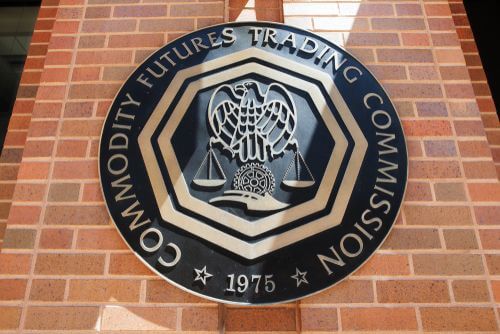
- CFTC Chair Rostin Behnam says a majority of cryptocurrencies, 70-80%, are non-securities.
- Behnam appeared before the U.S. Senate Committee on Agriculture, Nutrition and Forestry’s Hearing on the Oversight of Digital Commodities on Wednesday.
Rostin Behnam, the chairman of the Commodities Futures Trading Commission (CFTC), has reiterated his belief that the CFTC is better placed as the agency to oversee crypto.
The CFTC chair made the comments in a testimony during the U.S. Senate Committee on Agriculture, Nutrition and Forestry’s Hearing on the Oversight of Digital Commodities on Wednesday.
Behnam told lawmakers of the recent court rulings in Illinois that declared Bitcoin (BTC) and Ethereum (ETH) are commodities.
“Just last week, a District Court in the Northern District of Illinois entered summary judgment in favor of the CFTC in a case involving fraud by an unregistered entity that promised steady returns in digital asset commodities such as Bitcoin and Ether. In its decision, the court re-affirmed that both Bitcoin and Ether are commodities under the Commodity Exchange Act,” he said in a testimony.
In the same manner, the CFTC chair noted that most of the cryptocurrencies in the market are not securities, with a percentage applicable to this being around 70-80%.
Behnam also talked of the Commission’s regulatory efforts, particularly in bringing enforcement actions against individuals and entities that breach the commodities laws, including in the digital commodities market.
The CFTC has over the past few years filed more than 135 digital commodity-related cases, with the lawsuits resulting in billions of dollars in penalties and restitution.
While the CFTC continues to work with law enforcement, there’s continued escalation of digital asset fraud and other violations, largely down to “accelerated and sustained adoption of digital assets by U.S. investors.”

